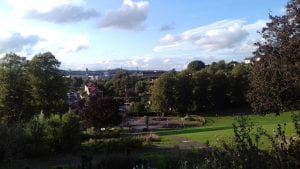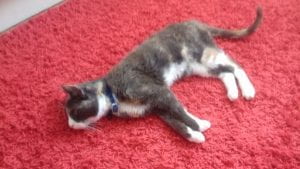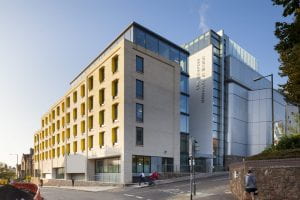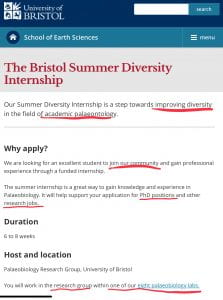
Organising accommodation and dates
As I live in London, I had to organise my accommodation in Bristol. This was difficult for two reasons – I had to do this during my summer exams and my internship was due to begin 3 weeks after my last exam finished. However, the process was made much easier with the weekly stipend from the internship hence I didn’t have to worry about costs too much.
Initially, I sent Professor Benton an email asking if the university could provide me accommodation. He sent emails around to university staff and his post-graduate students asking if they could help. Unfortunately, none of the students had any spare rooms and the university were taking a long time to get back to me. Therefore I decided to look around for accommodation myself using websites such as Gumtree and Spare room. Although the prices were cheap, I couldn’t find anything that would satisfy my need for privacy so I decided to look at an airbnb and fortunately found just the place I was looking for.
Surprisingly, the university got back to me with a cheaper single spare room in one of the halls but alas, it was too late – I had already booked my airbnb room. I would lose a lot of money if I cancelled my airbnb booking so I had to stick with it. In hindsight, living far away from the Life sciences Building meant that I would get a good dose of walking per day just from going to and from my internship.
On the other hand, organising the dates of my internship were not difficult. The department was very flexible and in the end we settled on splitting the internship into two parts. The first part would be 5 weeks from the middle of June to the end of July and then the second part would be a few weeks in September. So I would still be able to have my holiday!

Tips for planning
- Try and start with accommodation as early as you can.
- Email your supervisor to see if they can help you find accommodation within the university or from their students.
- Websites you could use – Gumtree, Spareroom, Airbnb
- Negotiate your stipend with accommodation in mind – staff members agree that the university should provide you with accommodation so they will be keen to help in anyway they can.





